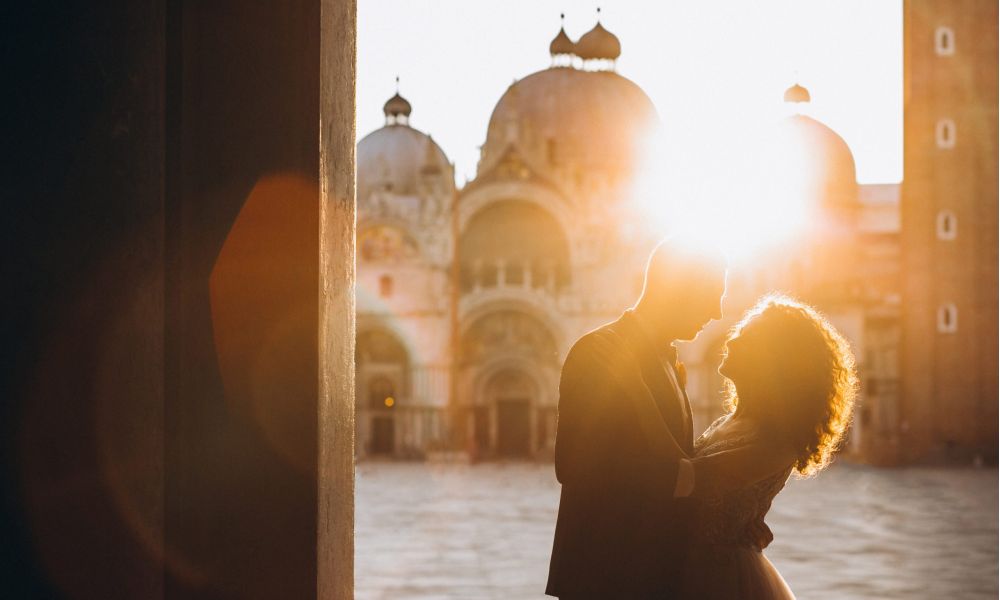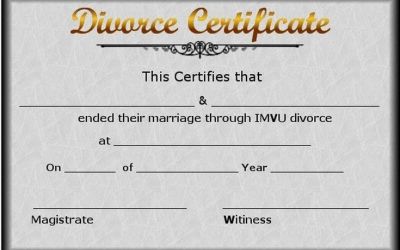
Can a Muslim Marry a Non-Muslim Under Sharia Law in 2025?
Table of Contents ▼
Can a Muslim marry a non-Muslim? Where devotion and desire clash under the weight of sacred law.
Marriage is a beautiful and significant part of life, and for Muslims, it holds deep spiritual importance too. But when love crosses religious boundaries, things can get a little complicated, especially when Sharia law is involved. A question that often comes up is: can a Muslim marry a non-Muslim?
Let’s walk through this together in a clear and easy-to-follow way, with references from authentic government and Islamic sources.
Marriage and Sharia Law
Marriage in Islam isn’t just a legal contract, it’s a sacred bond based on love, mercy, and faith. Sharia law, which governs the lives of Muslims according to Islamic teachings, lays down specific rules when it comes to marriage.
Compatibility in faith is one of the cornerstones of a successful Islamic marriage. Why? Because Islam considers religion to be central to family life, decision-making, and raising future generations.

According to the official UAE government portal, marriages under Sharia law must meet several conditions, and one of the main points is that both spouses should share similar religious foundations.
So, can a Muslim marry a non-Muslim? The answer depends on who you ask about — the Muslim man or the Muslim woman.
Can a Muslim Man Marry a Non-Muslim Woman?
Good news first: Islam does permit a Muslim man to marry a non-Muslim woman, but not just any non-Muslim woman. According to the Quran and the understanding of Islamic scholars, a Muslim man can marry a woman from the “People of the Book” which means practicing Jews and Christians.
This means that if a Jewish or Christian woman is known for her chastity and faithfulness, a Muslim man can marry her.
However, it’s not a complete free-for-all. There are some important conditions:
- The woman must genuinely follow her faith (i.e., she should not be atheist or follow no religion at all).
- She must be chaste, meaning she must live a modest life.
- The marriage should not endanger the Muslim’s own religious commitment or the Islamic upbringing of future children.
In many Muslim countries like the UAE, government authorities still encourage marrying within the faith, even if interfaith marriages are technically allowed. Practical issues like religious holidays, children’s education, and family pressures can make life complicated for interfaith couples.
Can a Muslim Woman Marry a Non-Muslim Man?
Here’s where things change dramatically. In Islam, when you ask “Can a Muslim Marry a Non-Muslim” the answer is always “in some cases”, but in case of Muslim woman marrying non-Muslim man, the answer is always “No” even if he is from the People of the Book (Jew or Christian). This isn’t just a cultural thing, it’s a clear and consistent teaching from the Quran and the scholars of Islam.

The reasoning is pretty straightforward. In a marriage, the husband traditionally holds a leadership role in the family. Islam wants to ensure that a Muslim woman’s faith is protected and respected within the home. There’s a concern that a non-Muslim husband may influence his Muslim wife or their future children away from Islam.
Interfaith Marriage in Today’s World
We live in a global village where people of different cultures and religions interact daily. It’s no surprise that interfaith relationships are becoming more common. In fact, many countries have had to create new laws or interpretations to deal with these modern realities. But Can a Muslim Marry a Non-Muslim?

Muslim-majority countries vary in how they handle this legally:
- Some, like the UAE, allow non-Muslims to marry under civil law but require Muslim marriages to follow Sharia.
- Others, like Saudi Arabia, strictly enforce Islamic marriage laws across the board.
This shows that even with modern changes, the basic Sharia principles haven’t shifted much.
Conversion as a Solution?
Sometimes, a non-Muslim partner chooses to embrace Islam. In this case, the barriers to marriage vanish. But here’s an important point: Conversion should be genuine, not just a checkbox to get married. Islam highly values sincerity, and entering the faith should be about a true belief in Islam, not just love for a person.
Many scholars encourage couples considering this path to take time, learn properly about Islam, and make sure the decision is heartfelt.
Ready to Start Your Journey Together?
Sharia law provides these guidelines not to make life harder but to protect faith, family, and future generations. If you or someone you know is thinking about an interfaith marriage, it’s always wise to consult knowledgeable scholars and understand both religious and legal requirements.
At Easy Muslim Wedding, we specialize in making your Islamic marriage simple, beautiful, and stress-free, no matter where you are in your faith journey. Whether you’re planning a traditional Nikah or navigating an interfaith marriage, our expert team is here to help you every step of the way.
Visit Easy Muslim Wedding today and take the first step toward your happily ever after!



